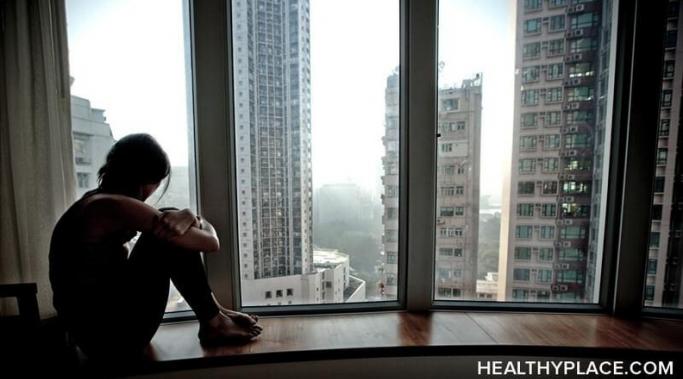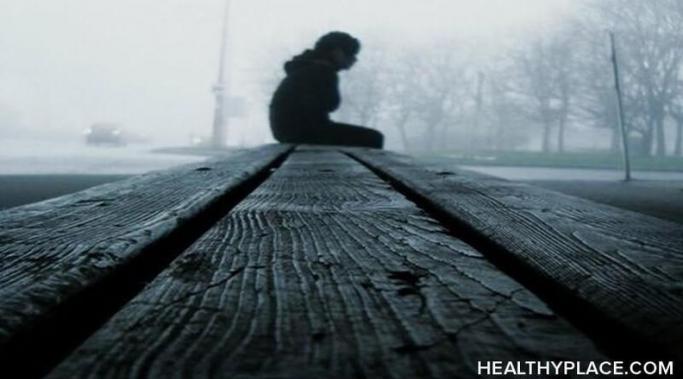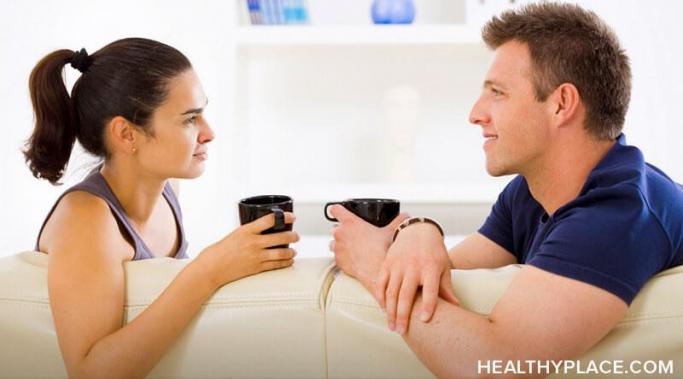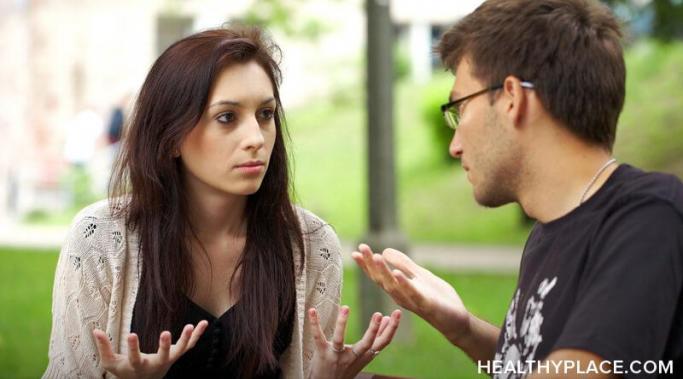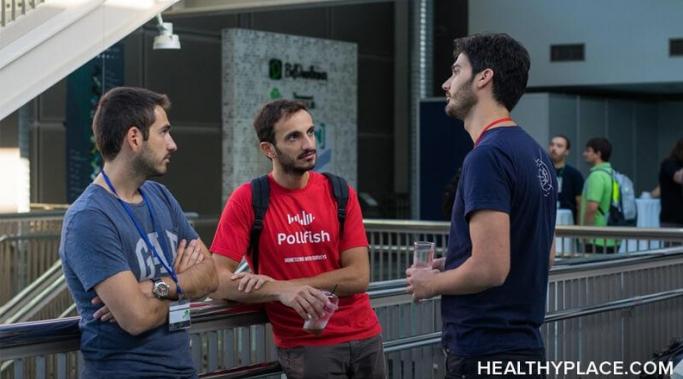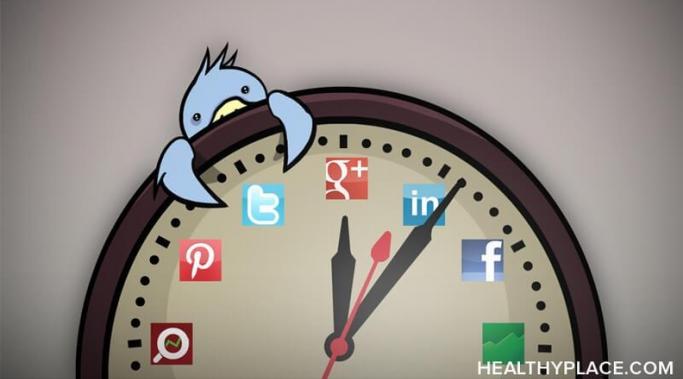I am now living alone, and almost every one of my family members and friends do not live close to me anymore. For that reason, I am used to doing almost everything by myself, because I have no other choice. But being alone by necessity has made me forget that just being in the presence of another person can be a great source of anxiety relief, and helping with flight anxiety is but part of the story.
Anxiety Causes
Often, the most profoundly helpful methods to combat anxiety are also the easiest to do. In that spirit, I want to discuss what is perhaps the easiest of all the easy methods: the simple act of recognizing the integrity and worth of other people.
Relationships of all types are important in our lives, but as positive as it is to have a connection with someone, relationships can also be incredibly anxiety-provoking. Choosing what we pay attention to can go a long way toward reducing anxiety in relationships.
Those who read this blog may remember that it was a little over a year ago that I lost my apartment, almost all my possessions, and nearly my life in a massive fire. In the year since the fire, I have tried my best to return my life to some degree of normalcy. This has proved to be much more difficult than I could have imagined. Having never had to come to terms with a traumatic experience such as this, I’ve learned that the aftereffects of such traumas can be surprisingly unexpected.
We may be social creatures, but other people certainly can cause anxiety. Social anxiety is largely about being around (or even thinking about being around) others and a host of worries related to others' perceptions of us. Even if you don't experience social anxiety, other people can be difficult to deal with and cause worry, agitation, or general angst. Regardless of what type of frustration or anxiety some people might be causing in your life, you don't have to let them continue to negatively impact you. Here are three ways to deal with any type of anxiety about other people.
Taking steps to overcome anxiety is a positive action, but do you need a break from trying to reduce your anxiety? Learning about anxiety, gathering tools to beat it, and using those strategies in daily life are healthy initiatives to take charge of your mental health and wellbeing. When you take these steps, you empower yourself to break free from anxiety.
I’m far from the first person to discuss the above topic. However, I feel it is important to continually raise awareness of the social causes of anxiety until those causes are recognized more broadly.
Changes in technology and social norms create anxiety for people like me who avoid social media as much as possible. In previous posts on this blog, I’ve discussed my aversions to social media and how it almost certainly exacerbates anxiety. I’ve discussed ways to structure my life in order to better live with those aversions.
It can be extremely effective to deal with anxiety from the inside out even though anxiety is often caused--or exacerbated--by forces outside of us. That's because even if the cause of our anxiety is external, our reaction is internal and involves our entire mind (thoughts and feelings), brain (the physical organ and its structures and activities), and body (every part of our body is impacted by and can affect our anxiety). To help you reduce anxiety from deep within so you can calmly respond to stressors without, I offer you a mindfulness activity as well as information about why it works and when to do it.
I’ve always been one who enjoys traveling. However, as much as I like to travel, there is one part of the process that I’ve always been uncomfortable with: actually traveling. Traveling makes me anxious; more specifically, flying to my destination makes me anxious. I’ve been aware of this travel anxiety for as long as I began to fly regularly, but it’s only recently that I started to examine my feelings and determine why exactly traveling makes me so uncomfortable. Hopefully, this will resonate with others.
